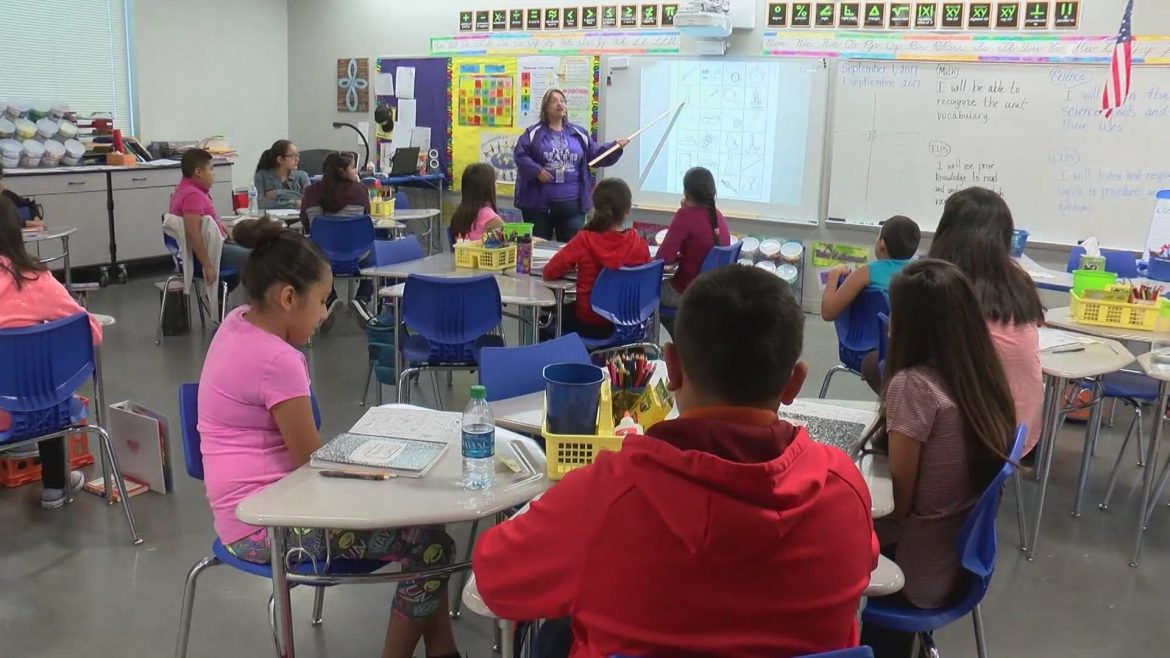A new law in Texas, known as the Parental Bill of Rights, mandates that schools must obtain parental permission before offering counseling services to students. Governor Greg Abbott signed this law, which will take effect on September 1. The legislation requires parents to sign consent forms for their children to receive guidance services related to college, military, or mental health counseling.
The law’s introduction follows discussions about the rights of parents in managing their children’s education. Supporters emphasize its importance in ensuring parents remain informed about the support their children receive at schools. Critics, however, argue that it may create obstacles for students seeking timely support for mental health or career guidance.
This legislative decision aligns with other educational reforms in the state. Another legislative move, House Bill 8, addresses standardized testing in Texas. Though it does not eliminate the State of Texas Assessments of Academic Readiness (STAAR) exams, it aims to reduce the testing time and implement more precise measures for evaluating student growth.
The enactment of the Parental Bill of Rights reflects ongoing efforts to involve parents more closely in educational decisions. It underscores a broader trend towards increasing parental involvement in various aspects of schooling. The law stipulates that schools must present comprehensive information to parents about the counseling services offered. It also necessitates annual renewal of consent, ensuring that parents can continually assess the appropriateness of these services for their children.
In response to the new requirements, schools are set to adjust their administrative procedures. School districts must prepare to distribute and collect consent forms, and inform parents about the services available. Educators and counselors are also adapting to ensure they comply with the new legal framework while continuing to support students’ needs.
The law’s implementation presents logistical challenges, particularly in ensuring timely communication with parents. Schools may need to develop strategies for efficiently managing the consent process to avoid delays in providing necessary services to students. The legislation has sparked conversations about balancing parental involvement with the autonomy of students to seek help when needed.
While the Parental Bill of Rights focuses on counseling services, it fits into a larger context of policy changes affecting education in Texas. The state continues to undergo reforms in its educational system, aiming to better meet the needs of students and their families. The ongoing adjustments reflect attempts to address both academic performance and student well-being comprehensively.
Under the new law, schools are tasked with maintaining transparency and fostering collaboration with parents. This shift emphasizes the importance of communication between educational institutions and families. The legal changes highlight the dynamic nature of educational policy and its impact on schools, students, and parents alike.
The legislation’s introduction is part of a broader trend in Texas, where educational policy increasingly focuses on parental rights and involvement. These changes may influence other areas of education policy, encouraging further dialogue about the role of parents in shaping the educational landscape.
As schools prepare for the new school year under these regulations, educators, administrators, and families alike are navigating the implications of this law. The transition necessitates careful planning to ensure that all parties understand their roles and responsibilities.
The Parental Bill of Rights represents a significant development in Texas education, reflecting broader societal shifts towards increased parental engagement. This law, alongside other reforms, continues to shape the educational experiences of students across the state.

